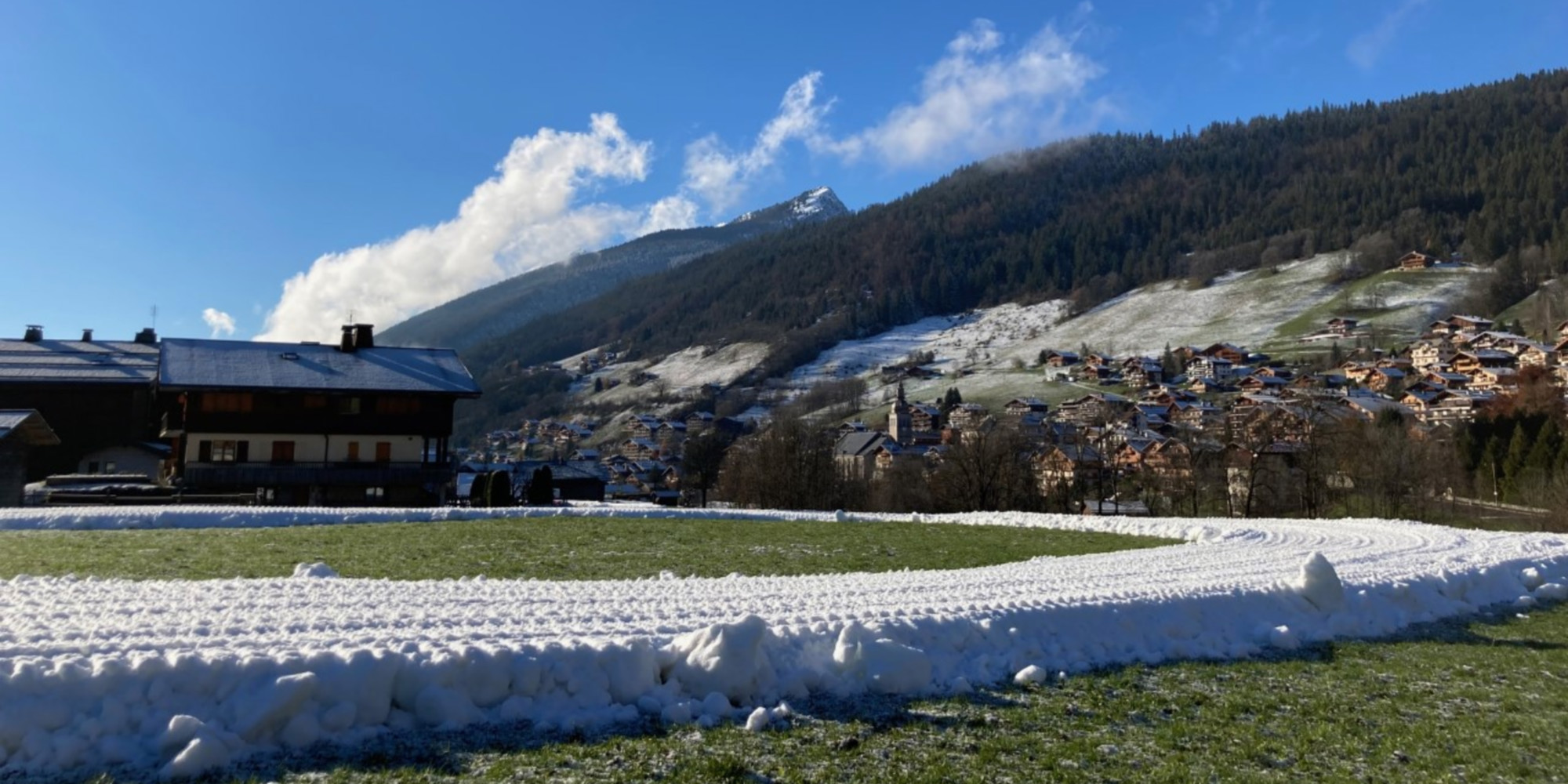Jean-Luc Boujon (in Le Grand Bornand), edited by Ophélie Artaud 09:38, December 06, 2022
While the biathlon world cup events will take place this weekend in Le Grand-Bornand, in the Alps, only a few snowflakes have fallen on the resort in recent weeks.
To keep the competition going, thousands of cubic meters of artificial snow were sent onto a track in the middle of the fields.
A situation denounced by environmental associations.
At the beginning of the year, the Beijing Winter Olympics, without natural snow, caused controversy.
It is relaunched, but this time in France, in Grand-Bornand, in the Alps, where the Biathlon World Cup begins next weekend.
Problem: despite a few flakes last weekend, there is hardly any snow in the Haute Savoie resort.
So it was necessary to transport large quantities with many trucks to trace a ski slope in the middle of the fields.
A mind-blowing situation for environmentalists, even if the town hall minimizes the impact of such an operation on the environment.
24,000 cubic meters of artificial snow
The image is striking: all green meadows and in the middle, a long flow of snow.
This casting is the biathlon track.
To create it, in the absence of snowfall, it was necessary to transport last week 24,000 cubic meters of artificial snow stored a little higher in the station.
>> Find Europe Matin in replay and podcast here
"There are a dozen trucks making fourteen rotations a day for three days. It's artificial snow, so it's pumped into a hillside reservoir. It's a human aberration", denounces Marc Lucchesi, of the environmental association Proud Aravis.
"Any event of international scope necessarily has an environmental footprint"
Opposite, Mayor André Périllat-Amédée, admits that this method is not ideal.
But it minimizes the ecological impact of such an operation.
"That this may be shocking, I fully understand. But what you need to know is that any event of international scope necessarily has an environmental footprint. Moving snow represents less than 1% of the balance sheet total carbon of a biathlon event in Grand-Bornand", explains the elected official.
© Jean-Luc Boujon / EUROPE 1
The transport of spectators would represent 80% of this carbon footprint, so the resort has chosen to focus its efforts on setting up a network of collective shuttles.

